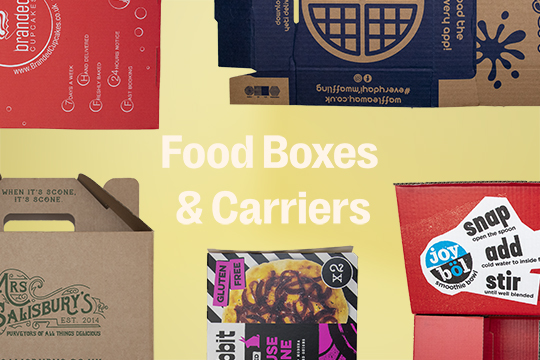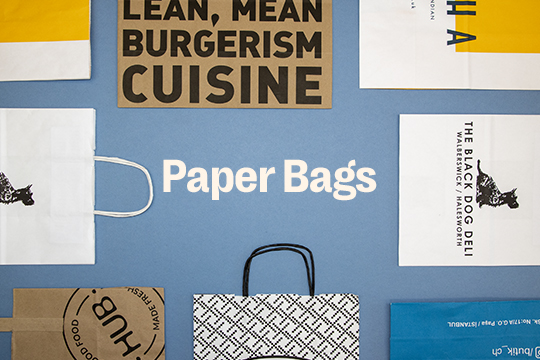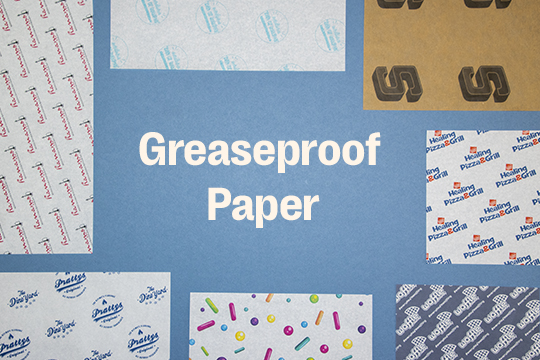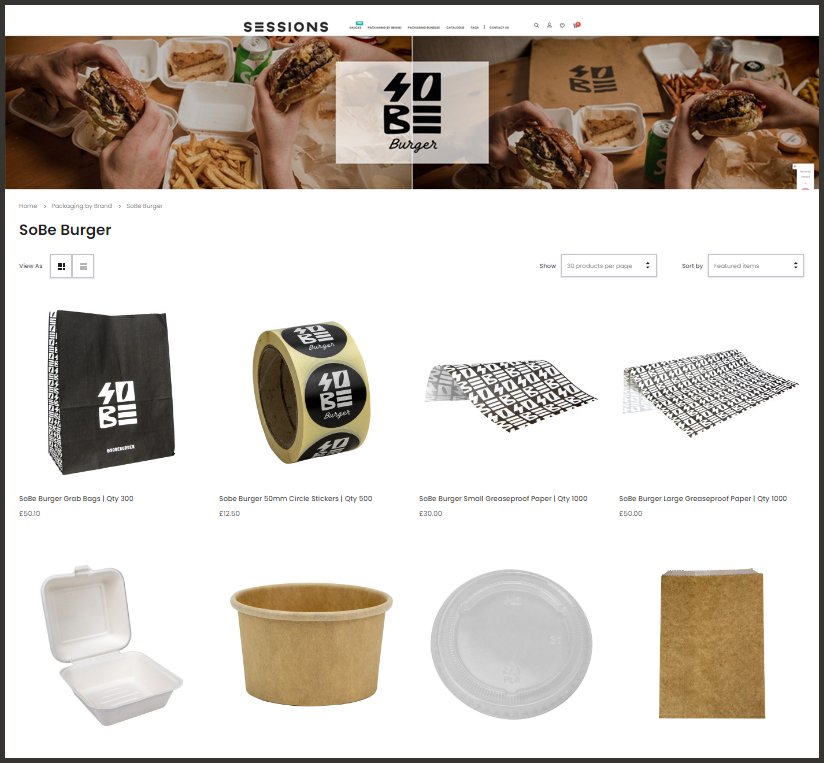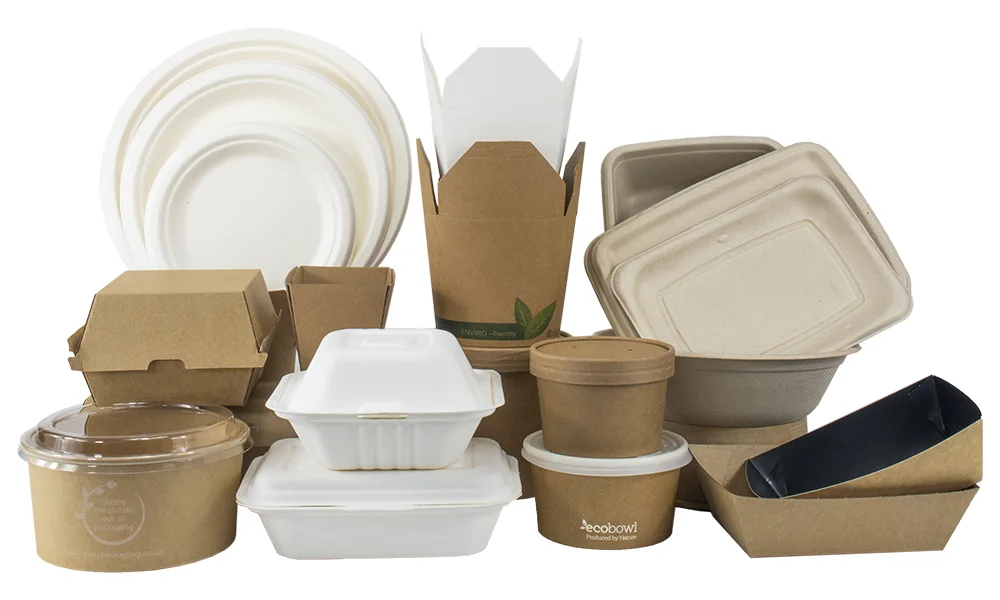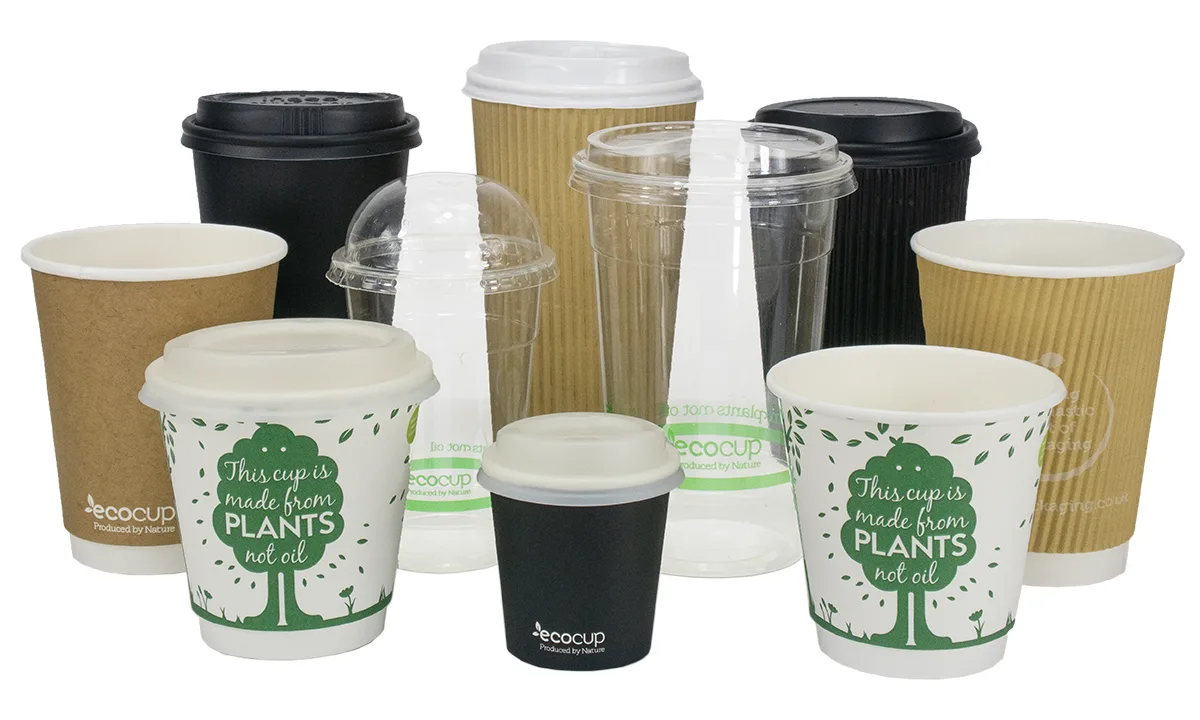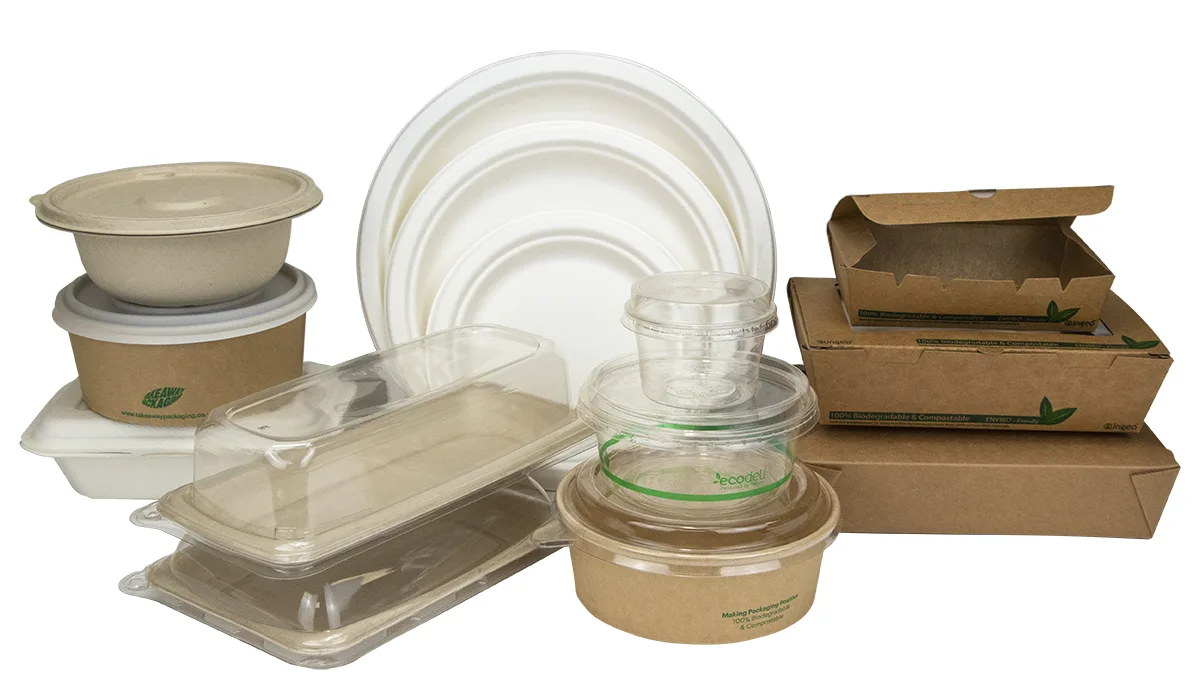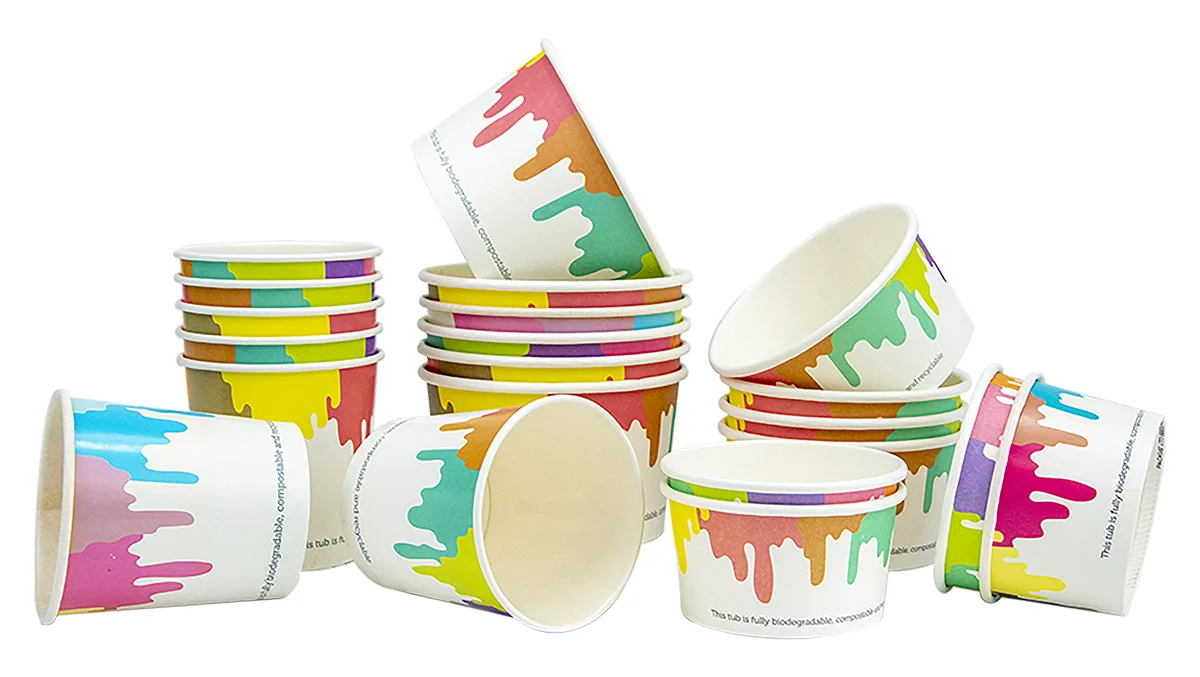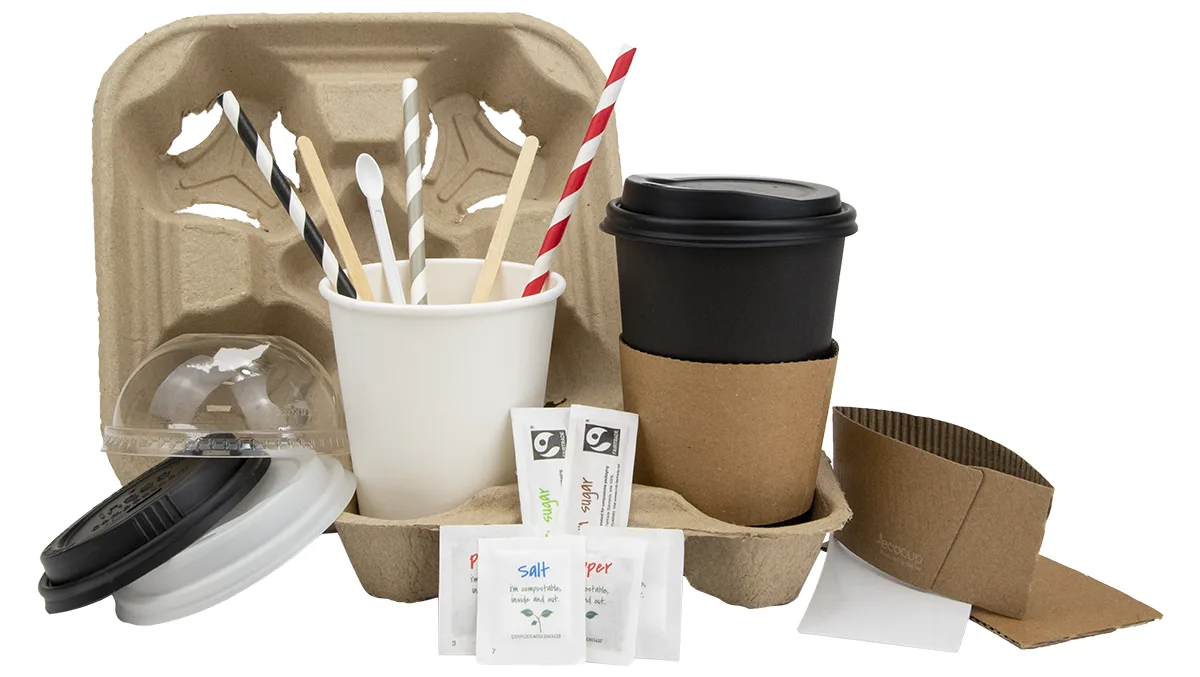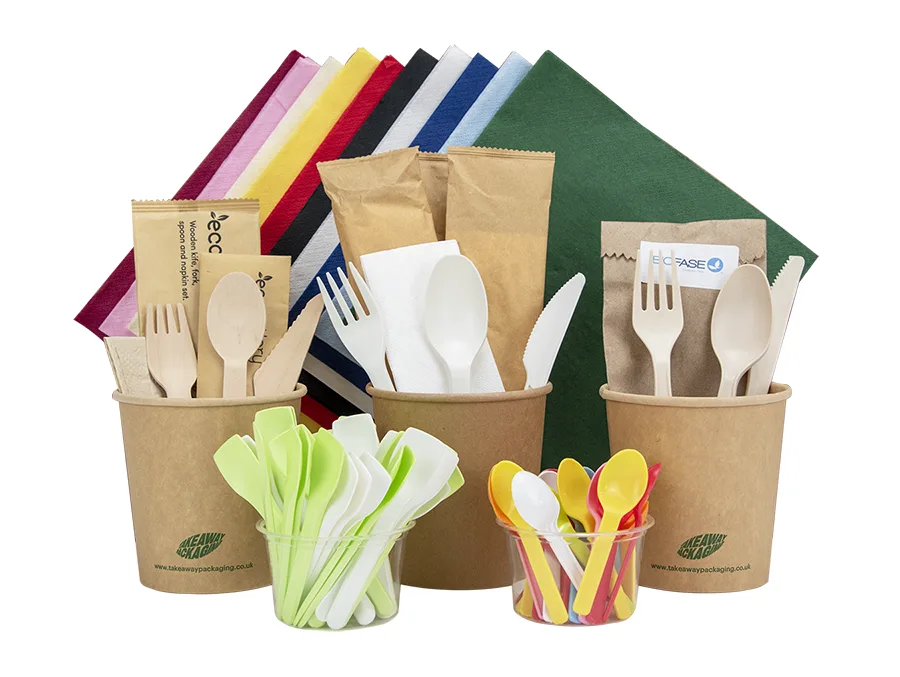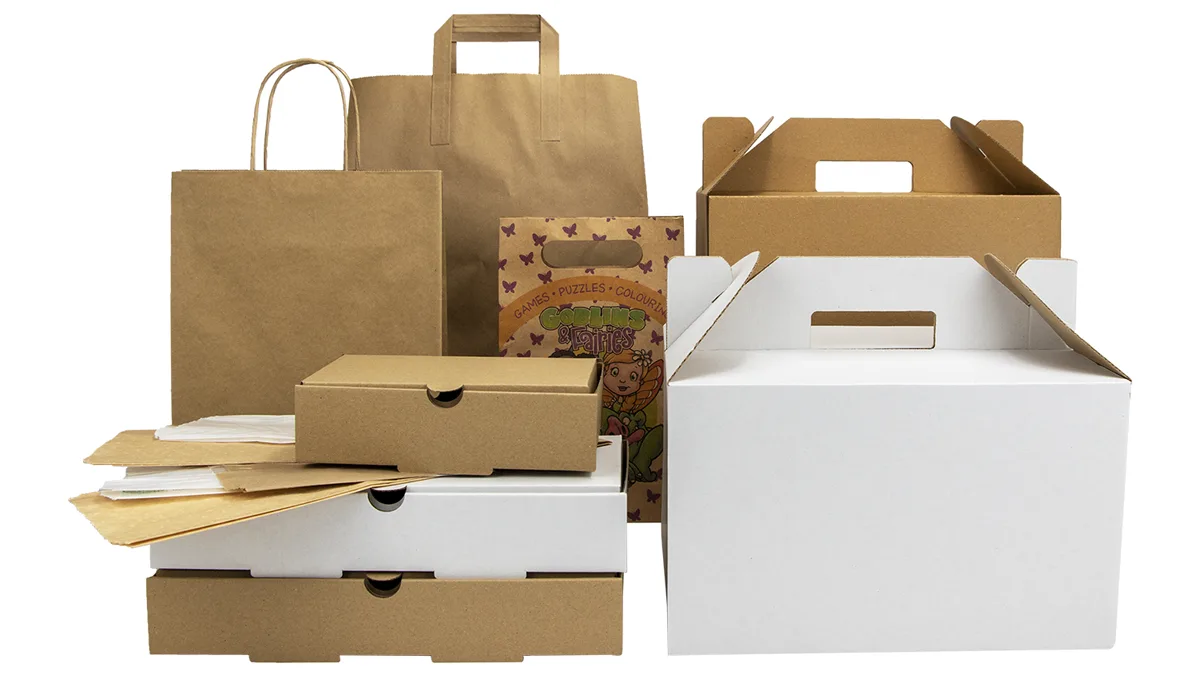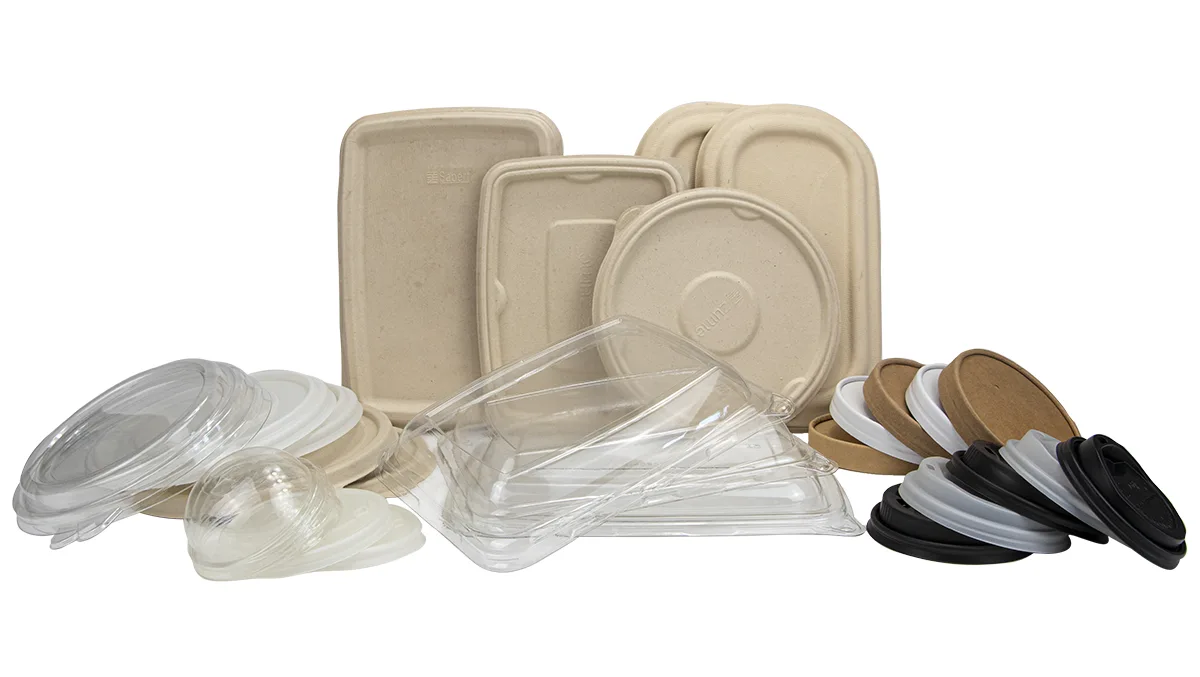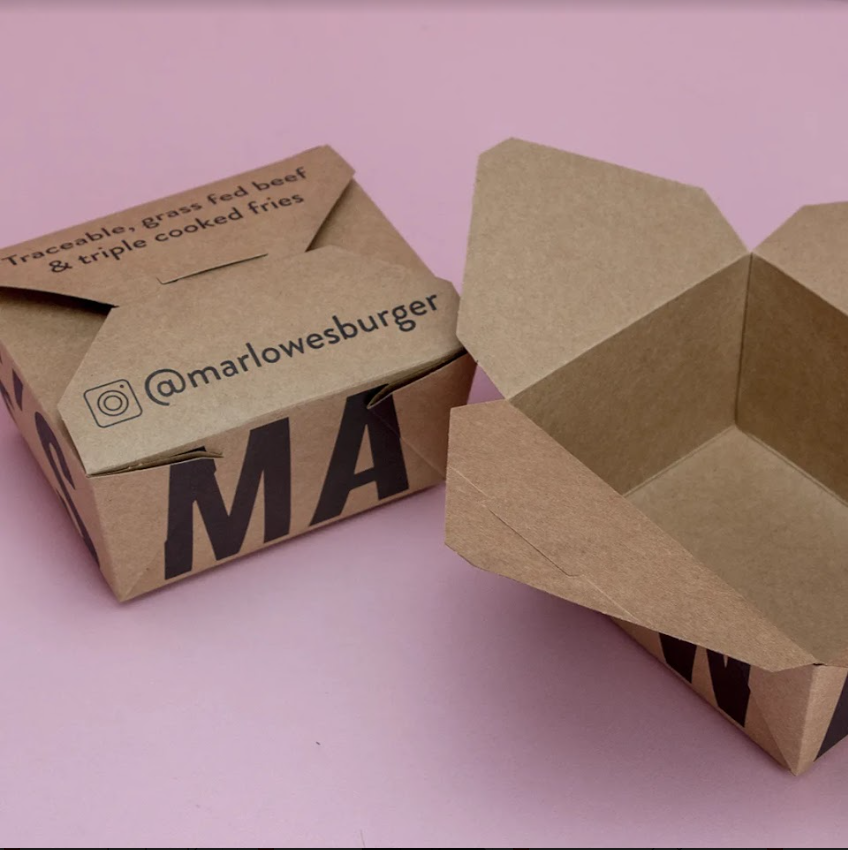15 Realistic Ways to Wipe out Waste from Your Business
It’s common to find advice online about reducing waste in a personal sense, such as in pieces like Huffington Post’s 9 Simple Ways to Reduce Waste In Your Home. This is all well and good for decreasing your personal footprint, but how can you enforce this mentality in your business?
Using the common reduce, reuse and recycle model — adorned on much government signage — we will show you 15 realistic ways to reduce waste in your business.
In this model, recycling is shown as the last resort — and rightly so. For this reason, our advice appears as top-heavy, with an abundance of tips on how you can reduce waste and plenty of ways to reuse items before a few final suggestions on how to get to grips with recycling in the right way.
8 Ways to Reduce Business Waste
- Don’t just reduce but eliminate all plastic bags
On the surface, your aim is to reduce business waste, but there is much more to it than that. Sometimes, completely eliminating a material, product or action is necessary — and such is the case for plastic bags.
We can make small-step progress with other areas of business waste, but plastic bags are to be eliminated immediately due to their severe effects on the environment.
Related post: Here’s Why We Should Not Use Plastic Bags Anymore
- Add sustainability into your company’s ethos
All of your efforts will be in vain if you don’t spread your values both externally and internally. If you’re truly committed to a zero waste vision, this should be outlined in your company’s ethos.
This is less of a practical step and more one that follows the law of attraction and holds you accountable for your actions. Pro “waste-free” businesses consistently communicate their efforts to their customers and stakeholders in a sustainability section in their corporate reporting — and it’s much less tempting to fall back on old habits when you publicly spread your message, unless you want to face backlash, that is.
- Spread your waste-free message to the workforce
Your employees are natural brand advocates, so they need to be well-informed about your vision for the future.
Updating your company’s ethos is the start of that transition, but you can take further steps to initiate positive action. Doing things such as adding environmental awareness training to your development syllabus and holding a specific meeting to communicate your updated values will kickstart this.
- Delegate waste monitoring responsibilities to your team members
If you want to go above and beyond when integrating a “zero waste” mindset in your workplace culture, you should delegate waste monitoring responsibilities to different team members.
We know that people who are either misinformed or unaware of their environmental impact are less likely to take action. By tasking an employee with monitoring your electricity usage month on month, for example, you’re forcing them to realise how much control we have over our own waste problems.
- Create ‘waste-free’ signage
Creating a waste-free business is a process. To continually reduce the waste produced by your company, you need to ingrain the idea of a “zero-waste” organisation into your team.
Do this by creating signage in key places that act as reminders before employees take negative action. A good example of this is a sign above the light switch to remind people to turn the lights out when a room is unattended. You might also install a pop-up on a monthly order form asking those responsible for ordering office supplies to think twice before adding items to the invoice.
- Go digital (and forget about paper)
Going paperless is trending right now because of the changing business and social landscape. This is only ever positive when it comes to the environment because it reduces the amount of paper that we use.
Try to cull the amount of physical mail that you receive by switching off paper invoices, reminders and promotions. This is often easily requested in services like banking or rolling contract subscriptions. Internally, send email memos and newsletters and encourage employees to consider whether they really need to print emails.
- Only align with companies that share the same values
The cheesy Instagram saying, “your vibe attracts your tribe”, is true. If you align with companies that have the same values, your journey towards a waste-free future will be made easier.
Also, consider whether the businesses you sub-contract work out to (such as cleaning services) could be damaging your corporate footprint. Does the cleaning company that you hire promote the use of disposable wipes or toxic chemical solutions? It might be time to find out.
- When in doubt, buy in bulk
Although this section is about reduction (where we encourage you to do less), it’s still smart to buy in bulk for items you really can’t live without. If you’re a retail business that needs items like clothing hangers, paper bags or any other frequently used item delivered, it will benefit your footprint to get more all at once.
Think about the fuel and packaging it takes to fulfil small orders. You can reduce your waste in subtle ways by opting for bulk orders. This is another major change for your buying department — and for an added bonus, you’ll hardly ever have to worry about running out.
4 Ways to Reuse Business Waste
9. Create the golden rule, ‘repair, not replace’
If something breaks, your initial reaction shouldn’t be to go out and replace it and throw the malfunctioning item in a landfill. This is detrimental to both your “zero-waste” efforts and your bank balance.
Invest in repairs before completely writing an item off — in a business sense, you will need to apply this golden rule in the case of electronics. This is also a good reason to buy only high-quality items that aren’t prone to easy and frequent breakage, as well as to shop from businesses that source components sustainably and don’t have as harmful a supply chain.
10. Forget business stigma and consider second-hand purchases
There’s a certain expectation in the business world that everything associated with a firm should be new and shiny. Upholding your reputation is about more than showing off flashy material goods.
When it’s possible to make a second-hand purchase, do so. This gives you the chance to get a discount and promote reusing other people’s unwanted trash. If every business leader did this, it would decrease the production of goods laced with harmful materials, such as plastic.
11. Remove single-use plastics (specifically drinking water bottles)
We’re smart enough by now to know that single-use plastics are bad… period. If you’re still promoting these, it’s time to put an end to it.
Take a look at our blog post The Good and Bad Points of Plastic for more insider info.
You can make a change in your organisation from doing something as small as switching from single-use plastic drinking bottles to biodegradable cups. Trust us, hanging around the watercooler will feel a lot less criminal.
12. Keep it classic and don’t forget your long-term vision
In this final reuse point, we go back to the purchase of quality goods. When making buying decisions, always have the longevity of the product in mind. For example, if you’re purchasing marketing materials for an upcoming event, it’s a good idea to opt for timeless branding so you can reuse your roller banners, signage and other costly materials at your next conference or pop-up.
If a purchase is going to be wasteful — in that it has a definitive end date to its use — it’s worth considering if you can go without it altogether or switch to a product that you can reuse and get better wear out of.
3 Ways to Recycle Business Waste
13. Educate yourself — and others — on recycling rules
Look, this seems like a fairly straightforward tip that shouldn’t even be on the list, but you’d be surprised at how in the dark some people are when it comes to recycling. The impact of recycling affects everyone, so getting educated on recycling rules should be a team effort.
You can find more information on disposing of business and commercial waste on the GOV website.
14. Look outside of council recycling schemes
It’s easy to pass the buck to someone else, but to make major strides in wiping out waste, you’ll need to look further than the local authorities. If your council is unable to recycle certain materials, don’t take this as gospel.
Private companies and charities will have provisions in place to recycle items such as mass quantities of plastic or electronics. Fancy getting paid for your good deeds? You may even be financially rewarded for opting for certain recycling actions.
15. Try to rehome before you scrap it
Selling items or donating items before tossing them into a landfill are good for your conscience, your pocket and your business. Selling your items will give you a financial reward and donating to local charities is a great PR activity — it makes for a fantastic Corporate Social Responsibility (CSR) initiative. It’s a no brainer that you should adopt this method of wiping out waste.
The rise in social media has made it easier than ever before to pitch items to a localised audience. In fact, most items will be picked up and require you to do nothing except wait for a willing buyer or collector to turn up on your doorstep.
There are plenty of ways you can realistically reduce business waste. If you implement all of these fifteen ways to wipe out waste, you’ll be a pro at taking commercial responsibility.
At Takeaway Packaging, we help businesses make this transition by providing environmental food packaging in bulk quantities. Been meaning to switch to biodegradable drinking cups? Do you need branded packaging for your next event’s catering? Look no further than our sustainable shop.



